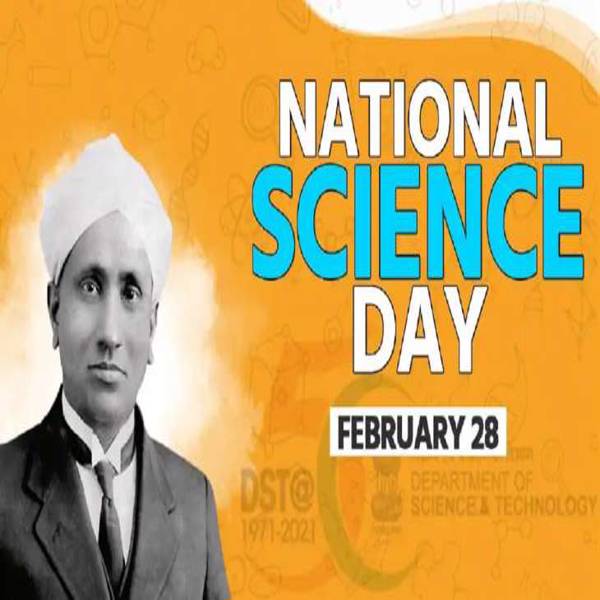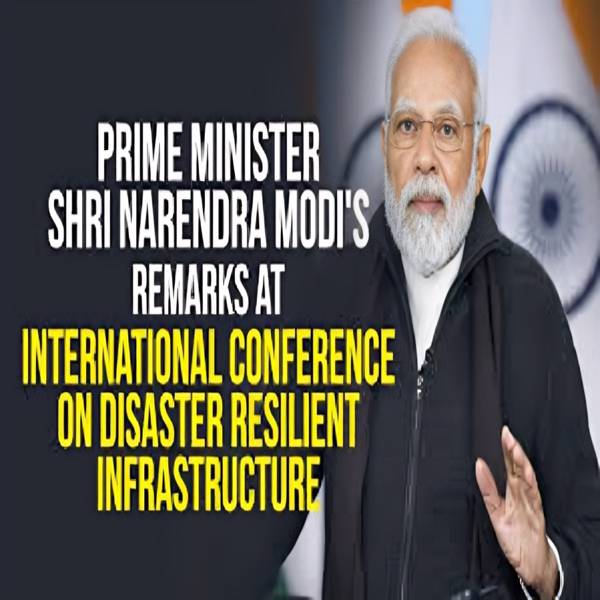Every year National Science Day is observed in India on 28th February to mark the analysis of Raman effect by physicist CV Raman on this day in 1928.
For this research, he was awarded the Nobel Prize in Physics in 1930. The Raman Scattering also called as Raman effect is the change in the wavelength of light that takes place when a light beam is deflected by molecules.
The Day was 1st observed in 1986 to mark Sir CV Raman’s discoveries. The day is now celebrated all around India in places such as schools, universities, colleges and various educational and research institutions to encourage and motivate children to make careers in Science Activities arranged to mark National Science Day include exhibiting science projects by students, speeches, science movie, radio- TV shows, stargazing, live projects, lectures, debates etc.
Also Read :-Here is why Delhi Government Banned Ola, Rapido, Uber Bike Taxis in National Capital
Facts and Significance
NCSTC of the Department of Science & Technology (DST) is a nodal agency that holds up to catalyze and correlate the celebration of the National Science Day all around India, especially in Scientific Institutions & Laboratories.
The Day recognize magnificent endeavor’s in the field of science and promotes scientific temper. Sir CV Raman, had received the highest Civilian award also, the Bharat Ratan in the year 1954, started his discoveries for the Scattering of light; and then the Raman Spectroscopy for observing the vibrational, rational and others. Sir Chandrasekhara
Venkata Raman was awarded the Nobel Prize in physics in 1930 for his research – scattering of light.
Theme of the Day
The Theme of National Science Day 2023 is ‘Global Science for Global Wellbeing”. The theme species country’s emerging worldwide role and increasing visibility on the international arena, said the Union Minister of state (Independent charge) science and technology, Dr. Jitendra Singh.



